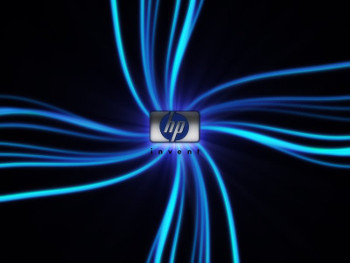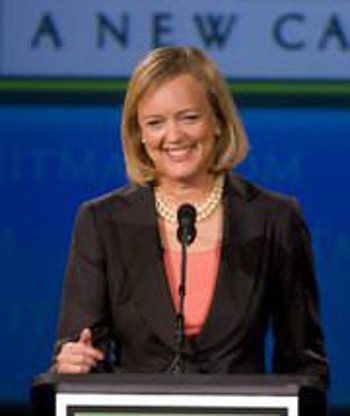Was it Overpriced?
How HP paid $18 billion too much for the purchase of three companies.
21st November 2012
 In 1939 HP was founded in Palo Alto and it has gone from strength to strength. Throughout all those years however, it has not always gone well. They have brought a number of products to the market that have not been particularly successful, have entered a few markets that were not their forte and have purchased a few companies they shouldn’t have, and some they shouldn’t have bought for the price they paid.
In 1939 HP was founded in Palo Alto and it has gone from strength to strength. Throughout all those years however, it has not always gone well. They have brought a number of products to the market that have not been particularly successful, have entered a few markets that were not their forte and have purchased a few companies they shouldn’t have, and some they shouldn’t have bought for the price they paid.
One of those was Autonomy. In 2011, they paid $10.3 billion. At that stage, they were the world’s largest computer maker. Analysts asked at the time, if HP was paying too much for this company. Autonomy specialised in analysing ‘unstructured’ data – that is data that is not in neat data bases.
This week, on 20th November, HP admitted that they paid too much. $8.8 billion too much! Ouch. They are attributing “serious accounting improprieties, disclosure failures and outright misrepresentations” before the deal. It didn’t name anyone, but it did blame “some” of Autonomy’s former managers. HP says it was tipped off by a remaining member of Autonomy’s team soon after Mike Lynch, the British firm’s founder and boss, was forced out in May.
Who examined the books?
People who examined the books after the sale said that Autonomy exaggerated its software sales by changing revenue from “negative-margin, low-end” hardware and by prematurely counting sales through resellers, a practice known as “channel-stuffing”.
HP has passed its findings to the Securities and Exchange Commission in America and the Serious Fraud Office in Britain. It also says it will sue.
But what about due diligence you may ask!
Mike Lynch has said that HP carried out ‘intensive’ due diligence through KPMG and bankers from Barclays and Perella Weinberg. He said that “it is sad to see how (Autonomy) has been mismanaged since its acquisition.”
How could this have happened? Advisors are paid exorbitant sums to carry out these checks. Even after the sale, it went un-noticed for a while. Advisors know the tricks that companies like Autonomy get up to. Their auditors, Deloitte, signed off their accounts. HP’s Board approved the purchase, offering a premium of more than 60%.
 Meg Whitman
Meg Whitman
The People behind it
The same HP board that was there at the time of the buyout is still there today. “We feel terribly about that,” said Meg Whitman, HP’s boss, but “the board relied on audited financials.” When someone is “concealing the truth”, it is “difficult to uncover that”, added HP’s general counsel, John Schultz.
Ms Whitman noted that her predecessor, Léo Apotheker, and the then head of strategy, Shane Robison, “the two people that should have been held responsible” internally, had departed.
Heads did roll. Léo Apotheker was sacked just after the buyout. He was only a year in the job. He says he is “stunned and disappointed” by the turn of events. Shareholders got nervous.
Meg Whitman is trying to steady the ship, but it seems to be sinking. The share price is falling ($50 to $12); sales are dropping in PCs, printers, services and servers. The only light to shine is an increase in sales in software of 14%.
HP has also written down other company purchases, $8 billion on EDS which it bought in 2008 for $13.9 billion and $1.2 billion of Compaq which it bought in 2002.
How more can HP take?
By Bob Tallent
Copyright © 2012, DPNLIVE – All Rights Reserved































